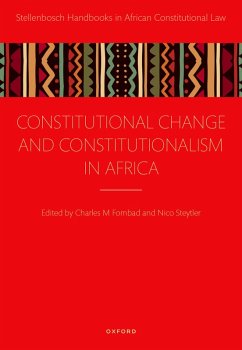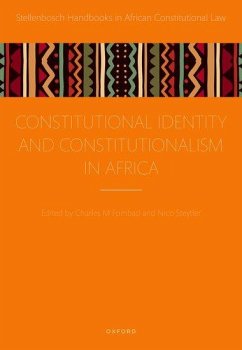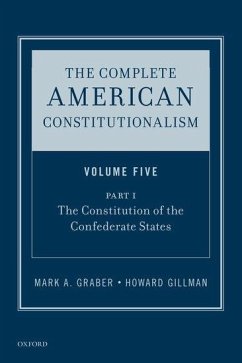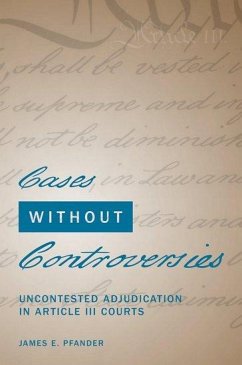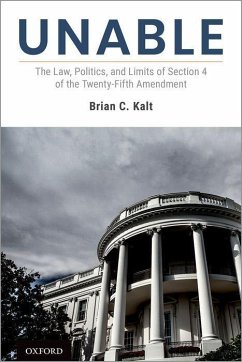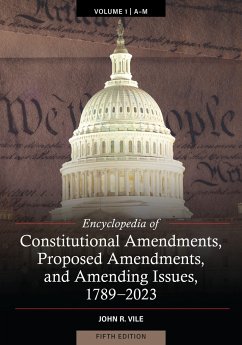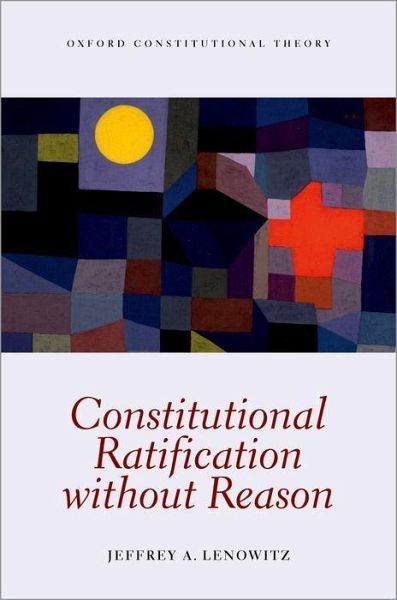
Constitutional Ratification Without Reason
Versandkostenfrei!
Versandfertig in über 4 Wochen
141,99 €
inkl. MwSt.

PAYBACK Punkte
71 °P sammeln!
This volume analyses constitutional ratification procedures, examines their nature, origins, history, and especially the potential justifications for their use. The author offers a comprehensive demonstration of how constitution-making recommendations can be evaluated and tested from a normative and theoretical perspective.





